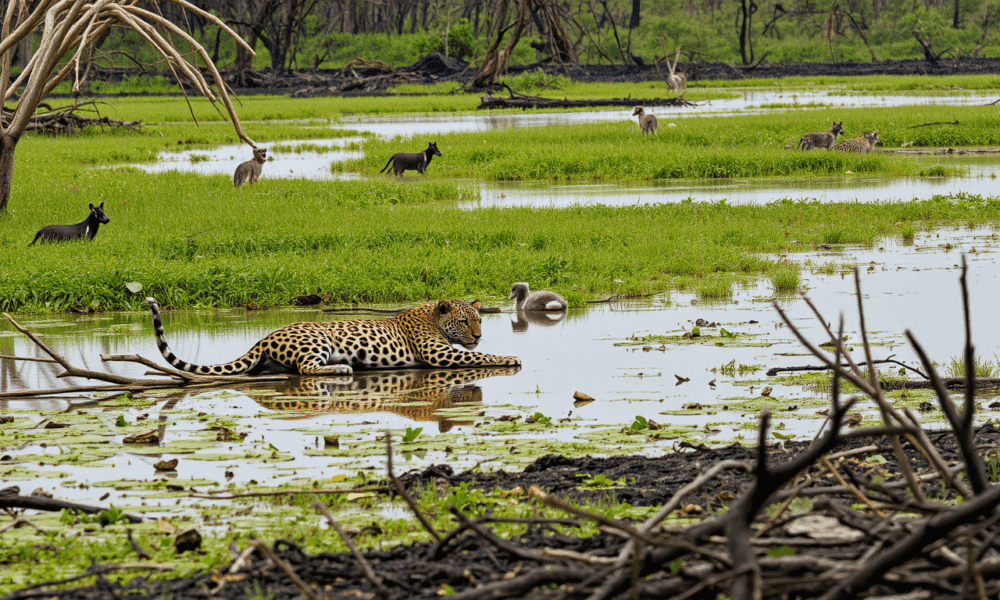
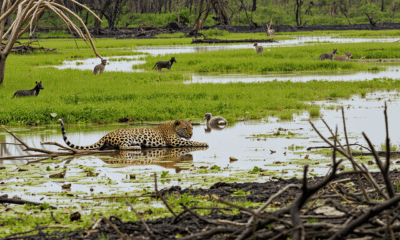

After devastating wildfires scorched the Brazilian Pantanal, an unexpected phenomenon unfolded—more jaguars began arriving at a remote wetland already known for having the densest jaguar population...
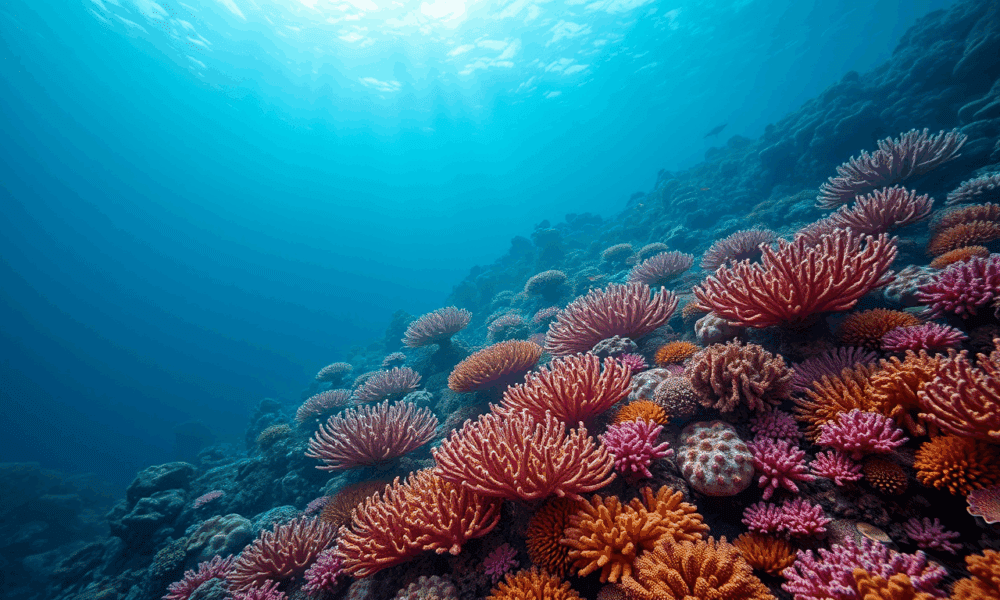
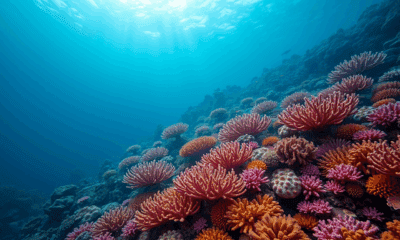

Hawaiian coral reefs may face unprecedented ocean acidification within 30 years, driven by carbon emissions. A new study by University of Hawai‘i researchers shows that even...
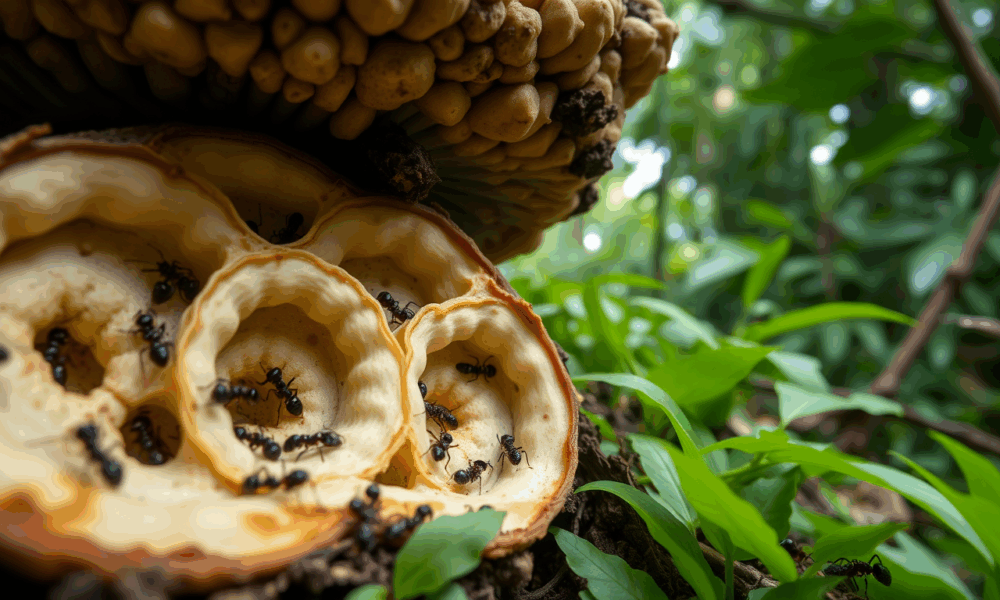
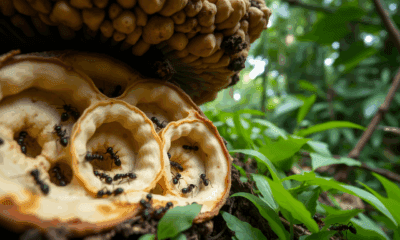

High in Fiji s rainforest, the ant plant Squamellaria grows swollen tubers packed with sealed, single-door apartments. Rival ant species nest in these chambers, fertilizing their...
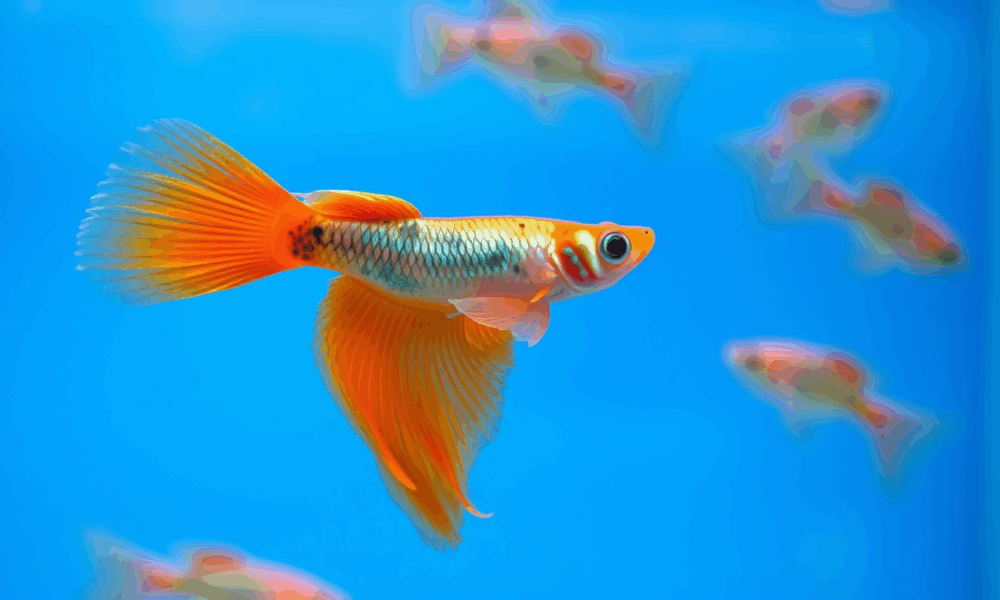
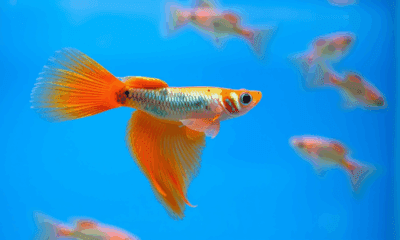

Male guppies that glow with more orange aren’t just fashion-forward — they’re also significantly more sexually active. A UBC study reveals that brighter coloration is linked...
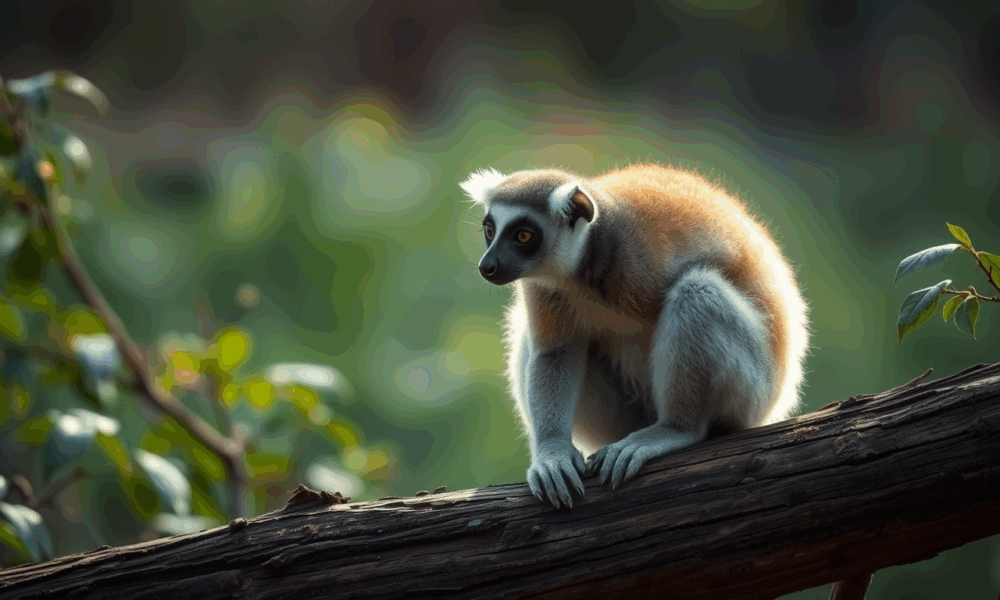
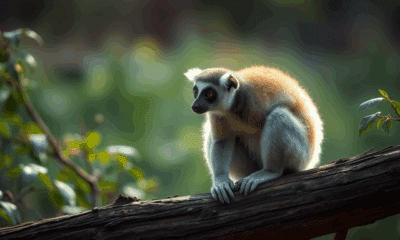

What if humans didn’t have to suffer the slow-burning fire of chronic inflammation as we age? A surprising study on two types of lemurs found no...
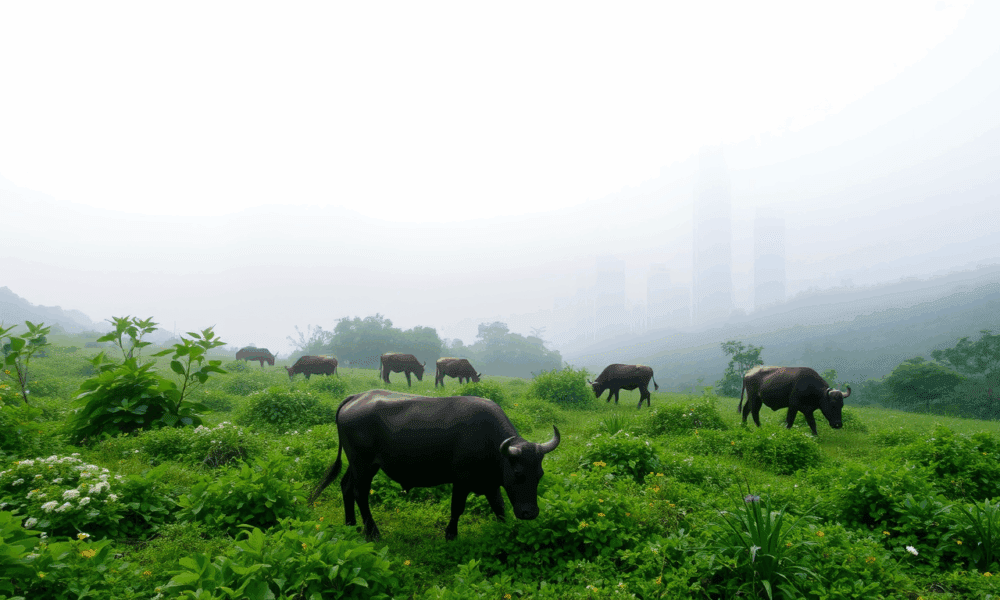
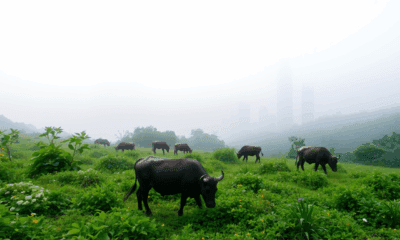

Feral water buffalo now roam Hong Kong s South Lantau marshes, and a 657-person survey shows they ignite nostalgia, wonder, and worry in equal measure. Many...
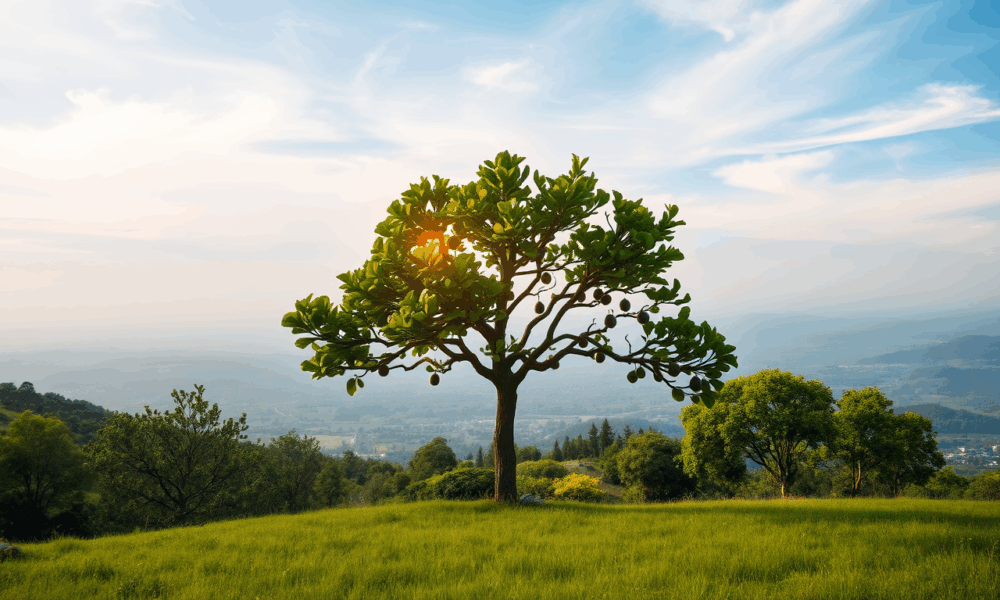
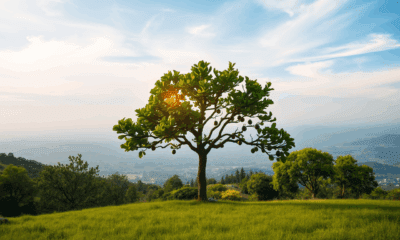

Kenyan fig trees can literally turn parts of themselves to stone, using microbes to convert internal crystals into limestone-like deposits that lock away carbon, sweeten surrounding...
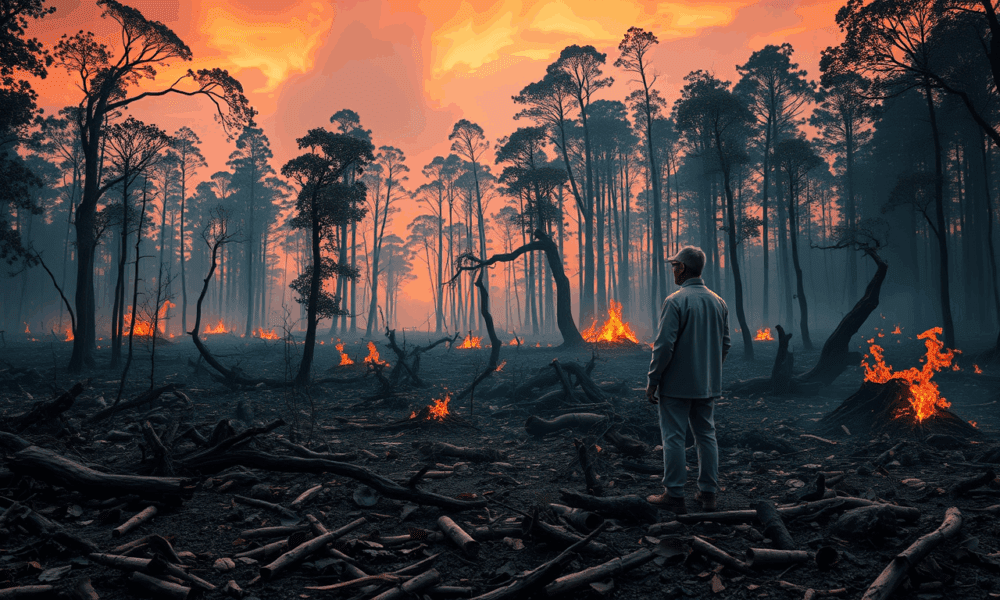
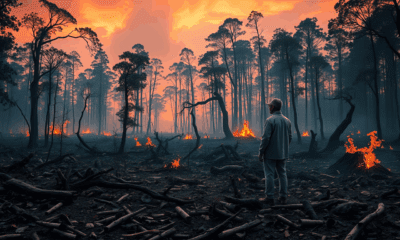

When Siberian volcanoes kicked off the Great Dying, the real climate villain turned out to be the rainforests themselves: once they collapsed, Earth’s biggest carbon sponge...
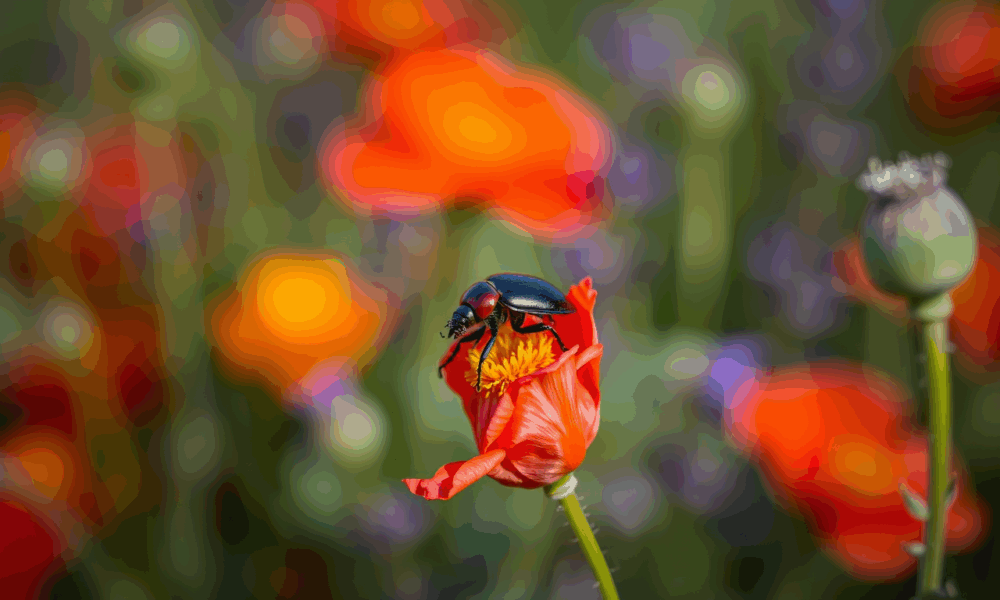
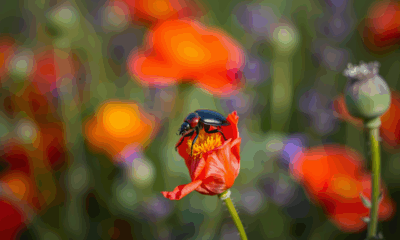

Beetles that can see the color red? That s exactly what scientists discovered in two Mediterranean species that defy the norm of insect vision. While most...



New research is shaking up our understanding of evolution by revealing that some species may not evolve gradually at all. Instead, scientists discovered that certain marine...